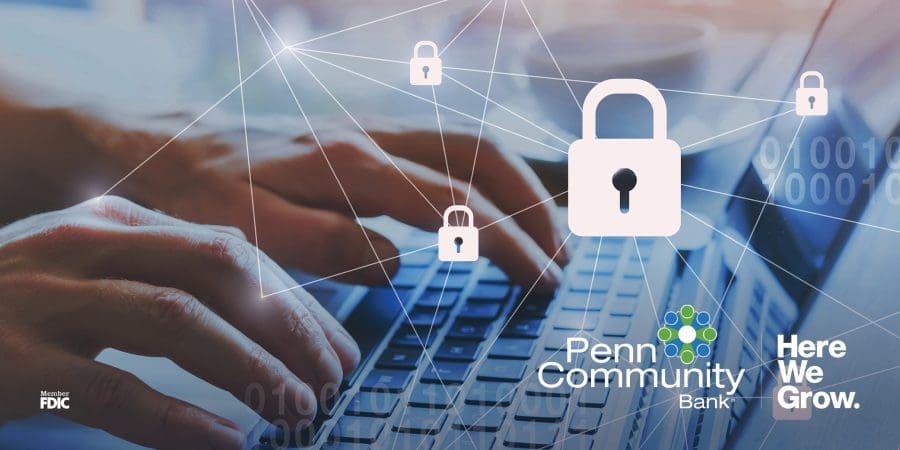
As society becomes increasingly digital, it’s easy for the line between our offline and online lives to blur. Truth is, even when you think you’re “unplugged,” you’re probably not. Data is gathered in numerous, creative ways – from your watch and your car to internet searches and credit card purchases. This National Data Privacy Day, we urge you to rethink what personal data you share online, what you may not know you’re sharing, and who you are sharing it with.
Your data is valuable – even if you don’t think it is. Cybercriminals and unethical organizations pay top dollar for personal data and use it to their advantage, whether it’s to steal your identity, banking information, or other valuable information. On the other hand, some companies you trust may collect, monitor, and then sell customer data for profit. Yes, even non-profit groups, political organizations, social media platforms, grocery stores, and many others. The good news, though? By understanding what’s at stake and using best practices online, data theft is preventable.
While you may consider some of these items essential, here’s some devices you may not realize are collecting, storing, and even sharing your personal data:
- Smart watch: The small smart device on wrist does a lot more than provide the time. Through the apps installed and its internet connection, your smart watch can collect information about your health, location, banking, emails, texts, and much more. If it’s not necessary, consider not connecting your mobile banking apps to your watch.
- Car: Newer cars collect more data than GPS tracking. Through Bluetooth and phone connection, your car can easily gather data right from your phone and share to your car service provider, allowing them to store customers’ personal data they should not have access to.
- Credit card: You’re most likely aware that online purchases are collecting data to create recommendations and target ads to your interests. But, did you know your credit card company is collecting data on your in-store purchases, too? In the event of a cyberattack on your credit card company, it’s not just your card numbers that will be leaked.
You may be wondering, why would someone want this seemingly innocuous information about me? Believe it or not, information like your fitness habits or favorite restaurants can be used to make inferences about your socioeconomic status, demographic information, preferences, and more. This simple information can be used as a stepping stone for scammers to get ahold of what they really want – identity and banking information.
While it’s nearly impossible to lock down all of your devices and data, there are trustworthy resources and options to help protect it:
- VPN: Whether you’re simply checking your bank account or working remotely in a public space, it’s important to use virtual public network (VPN) when accessing any type of personal information while on public Wi-Fi. A VPN with encrypt your internet traffic and disguise your online identity, making it difficult for third parties to track your activities online and steal data.
- Terms of service / privacy notice: Before clicking “accept,” take a moment to read of the TOS and privacy notice of the app your downloading and website you’re signing up for. When you give companies the “OK,” they are essentially legally collecting unnecessary data about you.
This Data Privacy Day, take the steps to treat your personal information like money. It’s highly valuable and you need to protect it. For more information of data privacy and security, visit www.penncommunitybank.com.


